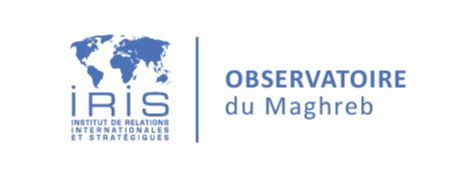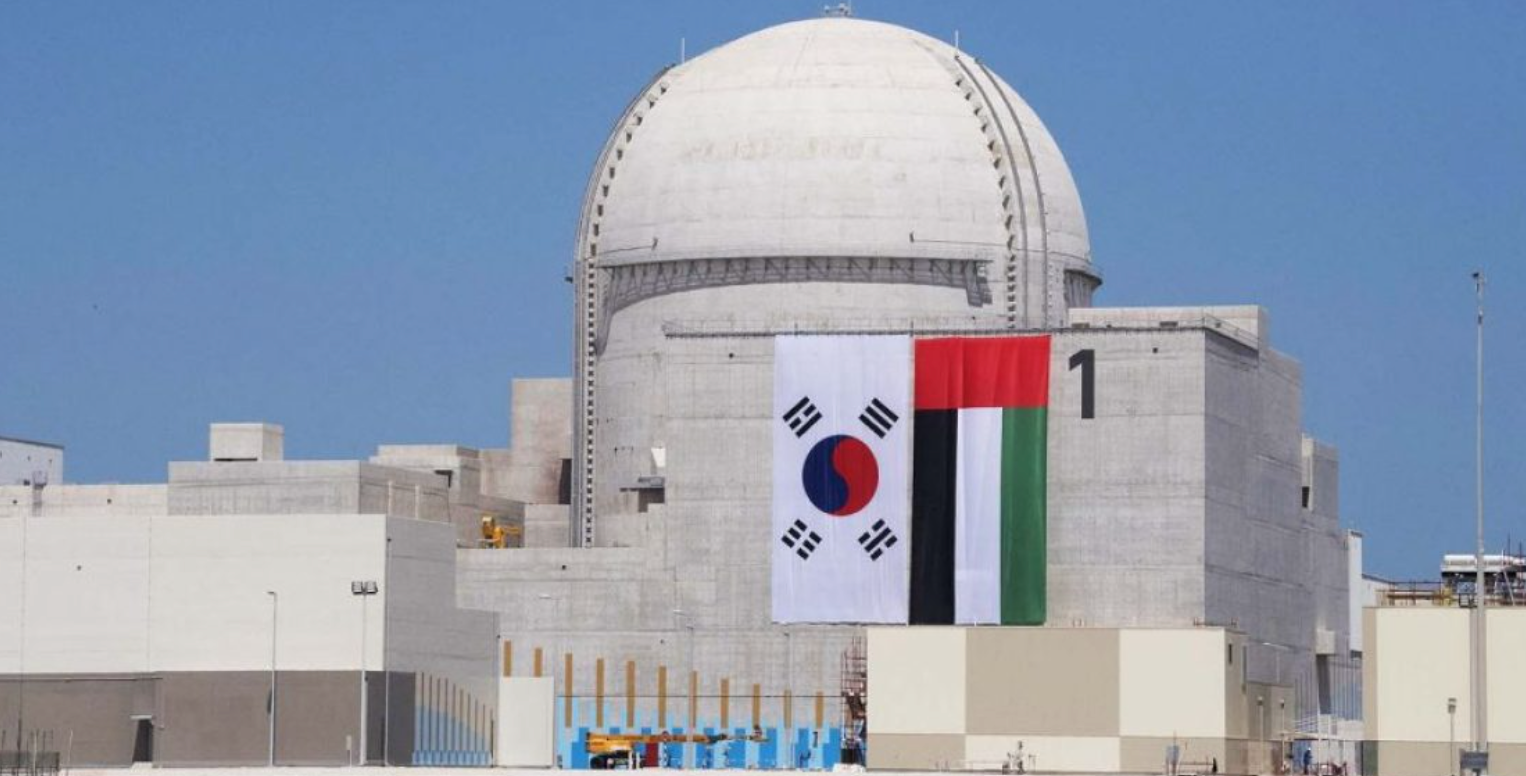LATEST ANALYSIS:

The Great Reshuffle
Longtime rivals Iran and Saudi Arabia announced a deal to restore relations under the auspices of Beijing… what does this warming of relations mean for the major players in the region? Umberto Profazio investigates.

The New Tunisian Order
Umberto Profazio explores Tunisian President Kais Saied’s gradual dismantling of one of the most progressive constitutions of the Middle East and North Africa (MENA) and the geopolitical implications of this slide into authoritarianism for IRIS.

The UAE's shift in Libya, where Abu Dhabi is warming ties with Tripoli, is in line with the pragmatism adopted since the end of the Trump administration but will hardly go beyond politics and business. Umberto Profazio writes for the NATO Defense College Foundation.

In from the cold
Umberto Profazio writes about Syria’s coming in from the cold in the wake of Turkey’s earthquake for the NATO Defense Collage Foundation.

Lost in transition
In TrendsRA, Umberto Profazio explores Libya's tumultuous year during which politics became a the continuation of war by other means. Is the country really lost in transition?

Moving towards a nuclear Middle East
Most plans to transition economies from fossil fuels to 'clean' energy relies on the use of nuclear power. This shift has important implications for a not yet pacified Middle East. Umberto Profazio explores for the NDCF.

Too big to fail
Cairo must first deal with important socio-economic challenges internally even after hosting the EGYPS2023 oil & gas exhibition and shaping its role on the global energy map. Umberto Profazio for NATO Defense College Foundation.

A multipolar order in the making?
Last month, Xi Jinping’s three-day visit to Saudi Arabia led to a flurry of deals, drawing scrutiny in the US and Iran. Umberto Profazio explores why for the NATO Defense College Foundation.

A step too far
As the second round of the elections for Tunisia’s parliament gets underway, will the end of the roadmap spell the end of the road for the embattled President Kais Saied? Umberto Profazio explores for the NATO Defense College Foundation.

The twin crises in Egypt and Tunisia
Umberto Profazio reports on Egypt and Tunisia’s mirrored crises, interventions, and democratic regressions for the NATO Defense College Foundation.

Arab Geopolitics 2022: A region between conflict and normalisation
Umberto Profazio’s policy paper for NDCF explores the new version of the non-aligned movement in the MENA region that has been been long in the making, and what implications this has for the Arab region.

The expanding ramifications of the Maghreb rift
Umberto Profazio writes for TRENDS on how the global fallout of the conflict in Ukraine has led to a scramble for gas in the MENA region, and how a struggle for regional supremacy over gas and oil supplies will have ramifications across the African continent.

The Bonds That Tie Libya and Ukraine
Umberto Profazio writes for TRENDS on how the MENA region is affected by the destabilising effects of the Ukraine war, the fallout highlighting the entanglement between various issues in a not-yet de-globalised world.

Morocco–Europe relations reach an inflection point
A massive influx of migrants from Morocco into Spanish territory in May fuelled bilateral tensions and exposed divergent views on the Western Sahara issue. Umberto Profazio explains for IISS the complex dynamics that threaten Rabat’s relations with the EU.

Fragility and global (dis)order: lessons from North Africa
Umberto Profazio discusses the concepts of fragility and global disorder, explaining what a fragile country is and highlighting that fragility is not limited to countries experiencing conflict for the IISS podcast Sounds Strategic.

Yet more failed diplomacy in Libya?
Renewed clashes in Libya have confirmed the intractable nature of the country’s conflict. Its unpredictability is not only challenging the feeble response of the international community, but also exposing its divisions, argues Umberto Profazio for IISS.

